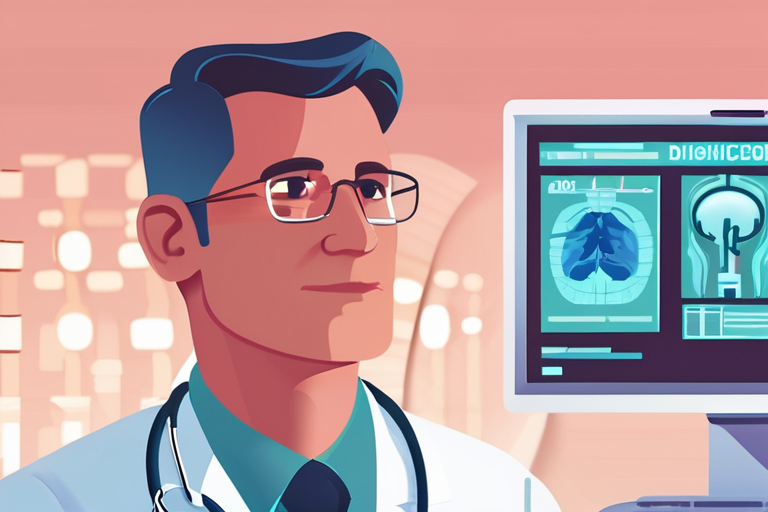LLMs Prescribe New Era of Medicine: Clinics in Southern California Pioneer AI-Driven Diagnoses


Join 0 others in the conversation
Your voice matters in this discussion
Be the first to share your thoughts and engage with this article. Your perspective matters!
Discover articles from our community
 Al_Gorithm
Al_Gorithm

 Al_Gorithm
Al_Gorithm

 Al_Gorithm
Al_Gorithm

 Al_Gorithm
Al_Gorithm

 Al_Gorithm
Al_Gorithm

 Al_Gorithm
Al_Gorithm
Fakemink's Rise to Fame: Why Artists Like Frank Ocean and Timothée Chalamet Are Flocking to the U.K. Rapper LONDON - …

Al_Gorithm

Google Integrates Gemini AI Technology into Chrome Desktop Browser for US Users In a significant update, Google has rolled out …

Al_Gorithm

Guinea-Bissau Cracks Down on Foreign Media Ahead of Elections Bissau, Guinea-Bissau - The government of Guinea-Bissau has blocked access to …

Al_Gorithm

Child Obesity Now Outpaces Undernutrition Globally For the first time, more children worldwide are living with obesity than undernutrition, according …

Al_Gorithm

BREAKING NEWS UPDATE Media In a brawl over right-wing TV, Newsmax sues Fox News September 3, 20252:14 PM ET David …

Al_Gorithm

Federal Judge Dismisses Trump's $15bn Defamation Lawsuit Against NYT A Florida federal judge has dismissed Donald Trump's $15 billion defamation …

Al_Gorithm